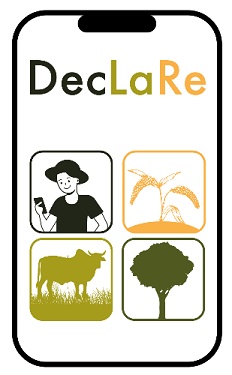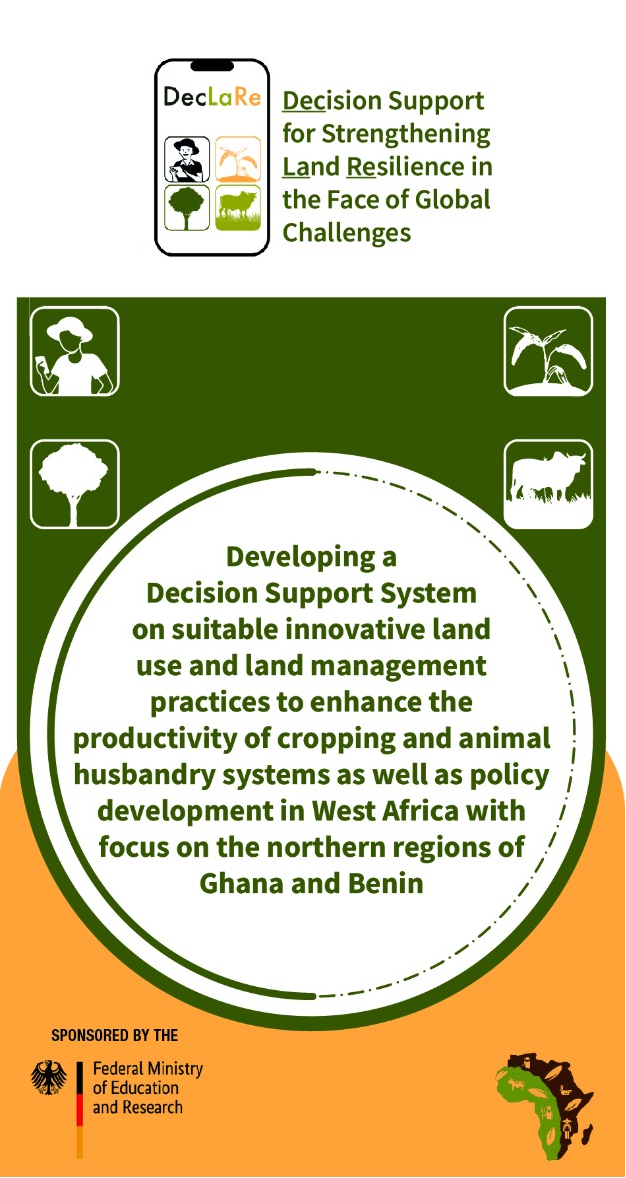DecLaRe


Sustainable land management is increasingly important to maintaining the fragile balance between human demands and ecosystem services of available natural resources, to enhance food security, to reduce the risk of conflicts and to foster adaptation to climate change. In this context DecLaRe aims to identify recommendation domains for scalable innovations towards sustainable crop production and animal husbandry in West Africa.
DecLaRe on LinkedIn
DecLaRe on Twitter
DecLaRe on Facebook
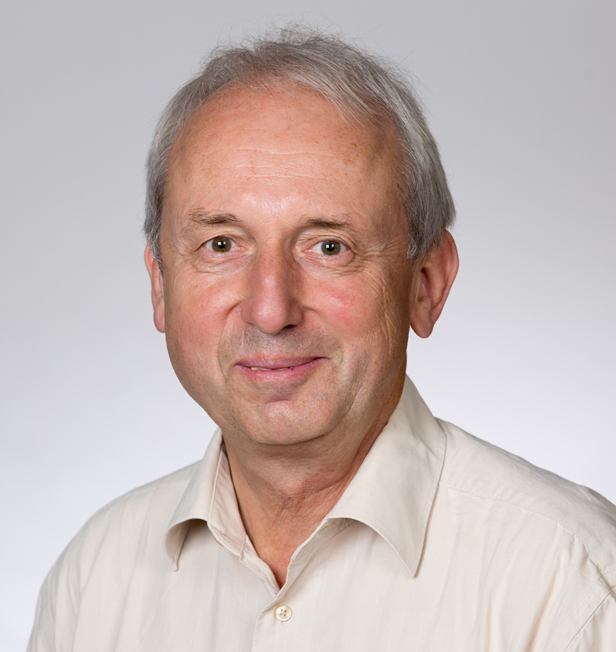
University of Kassel
Focussing on northern Benin and Ghana, DecLaRe builds on available local and scientific knowledge and databases. It enhances their use by fundamental research at the field level and modelling at the national to regional level, aiming to construct a decision support system (DSS) that can be used for land use and land management as well as for policy development.
Digital information technology will be used to project the effects of innovations on food availability, farmer income, and system resilience to climate change. Next to guiding local, regional, and international stakeholders towards sustainable land management options, a close connection between science, policy, and the private sector will facilitate effective use of the DSS by decision makers in the partner countries and beyond.
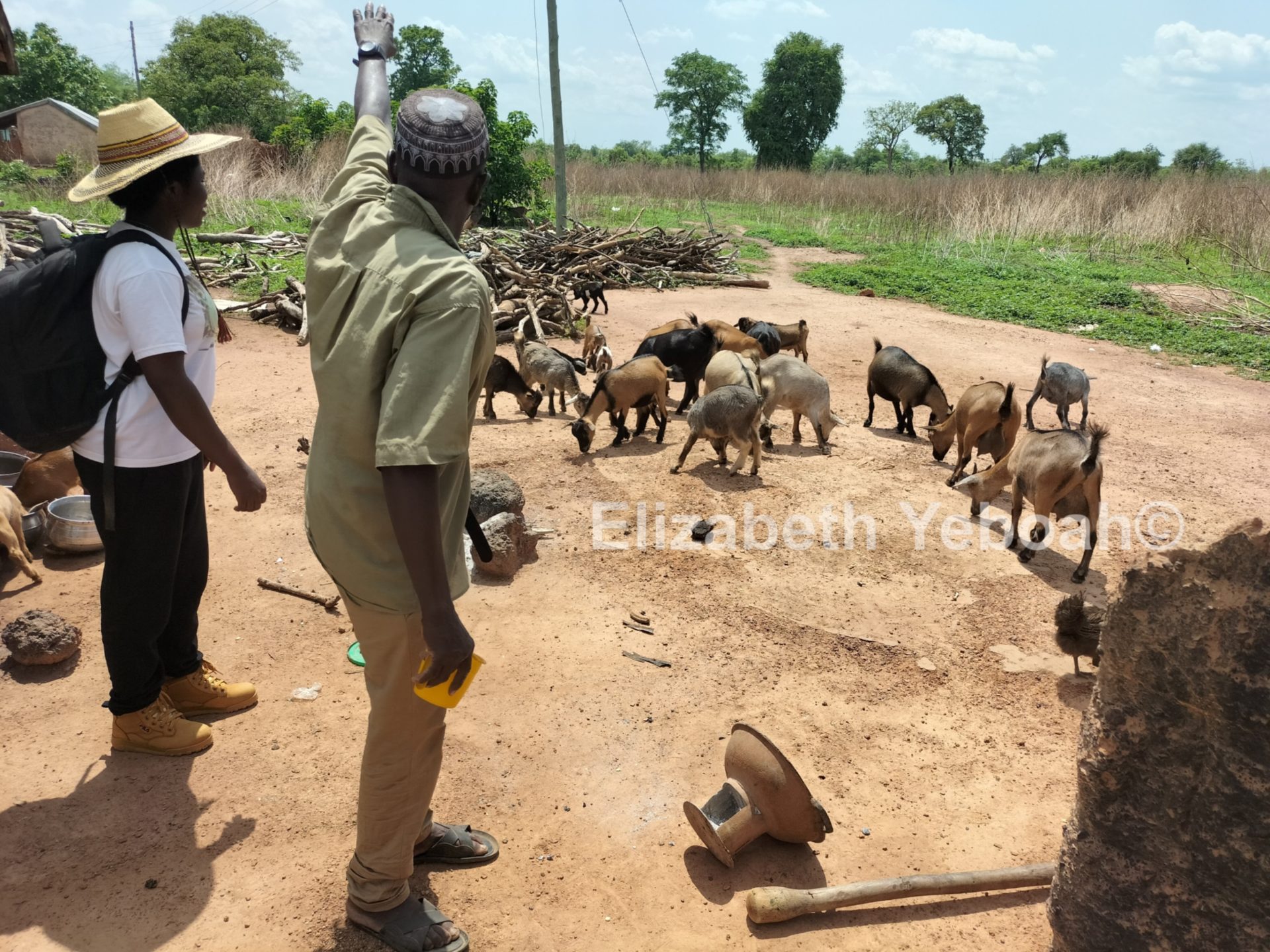
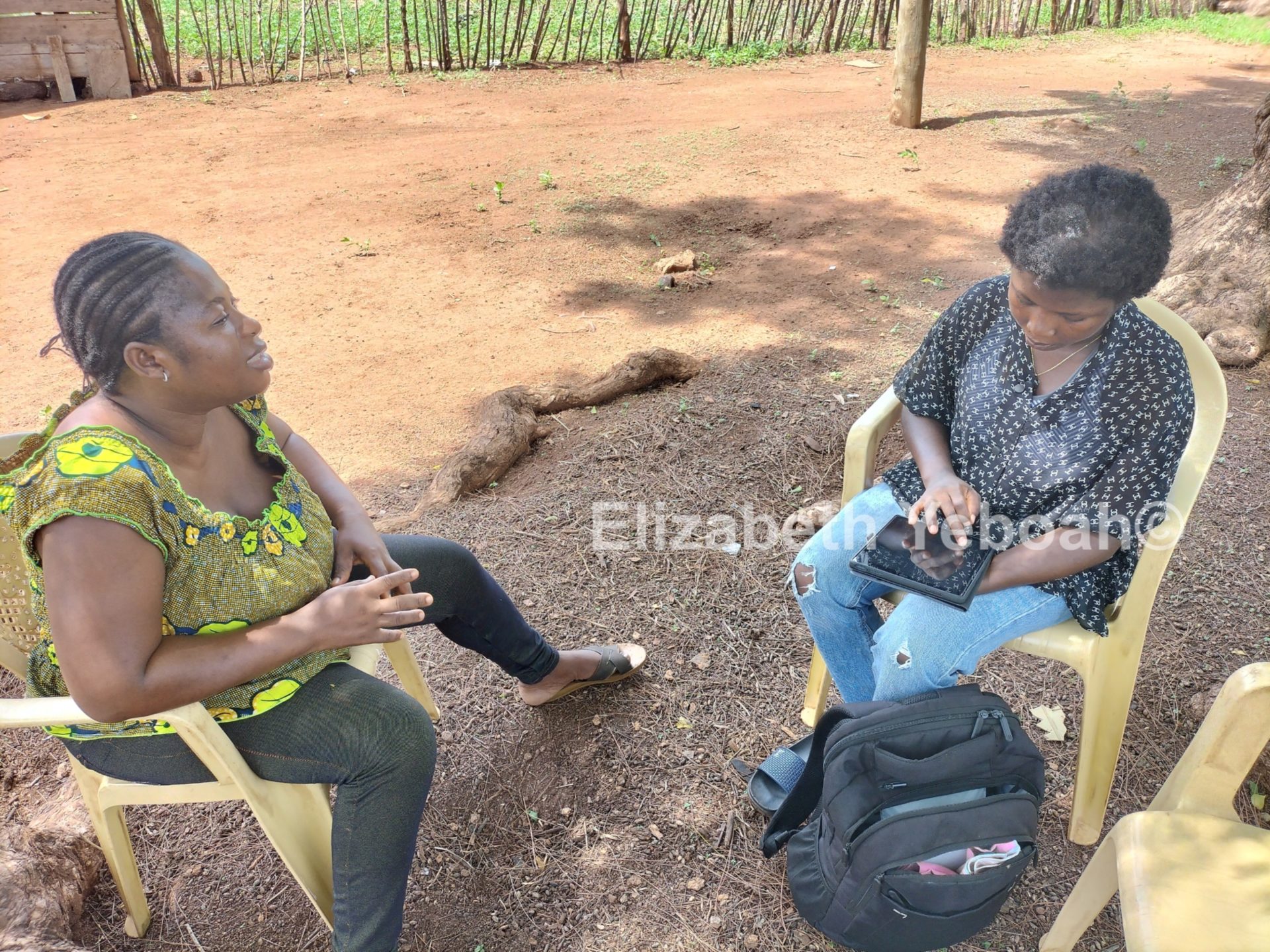
Decision support for strengthening land resilience in the face of global challenges
Project Goals:
DecLaRe focusses on the sub-humid savanna regions of northern Benin and Ghana. The project builds on available local and scientific knowledge and databases, and enhances their use by research at the field level and modelling at the national to regional level. A close connection between science, policy, and the private sector will facilitate effective use of the DSS by decision makers. The project will also engage with existing MSc and PhD programs on sustainable land management in the African partner countries and will train 11 additional PhD Fellows.
WP1 – Land tenure systems’ security for sustainable investment pathways
WP1 aims to assess barriers and promoters of sustainable land management by means of a household panel survey. Together with a mental model elicitation, the survey will be used to analyze current land use and tenure systems to better understand investment incentive structures. Participatory creation of scenarios will link future land governance to sustainable land management.
WP2 – Climate change and resource availability
In WP2 high-resolution observational datasets, climate change simulations and ground station weather data will be analyzed for decision support. A regional land and soil information system will be set up, including data layers on soil and plant micro-nutrient contents. Sentinel data will be used to retrieve actual land use.
WP3 – Impacts on sustainable land use
WP3 aims to assess the sustainability of present land use systems in the study area. Resource-conserving rangeland and livestock management will be analyzed, including field assessments of species biodiversity and biomass yield. Based on climate and soil information of WP2, crop suitability and yields will be projected. The proportion of human-induced climate change on yield changes will be quantified.
WP4 – Pathways for sustainably increased crop- and livestock production
WP4 will test and model improved land management practices for crop production, including indigenous techniques, microdosing of fertilizers and tree-based systems for high value perennials. WP4 will also assess improved feeding practices, and will conduct on-farm trials for methane measurements and life cycle analysis (LCA). Furthermore, opportunities and limitations of milk valorization by local cheese making will be examined.
WP5 – Implementing a digital climate service solution for decision making
WP5 aims to implement an open-source decision support system (DSS), which has been co-designed and validated by stakeholders. Data sets from different spatial scales will be integrated into the DSS and scaling procedures for up- and downscaling will be developed.
WP6 – Participation, outreach, knowledge transfer and dissemination
WP6 will package results of WP1-5 into different formats for stakeholders. This includes outreach to policy level (e.g. policy briefs, workshops) and farm level (e.g. radio broadcasts, small instructive videos, farmer field schools). Existing graduate programs will be strengthened through capacity development.
